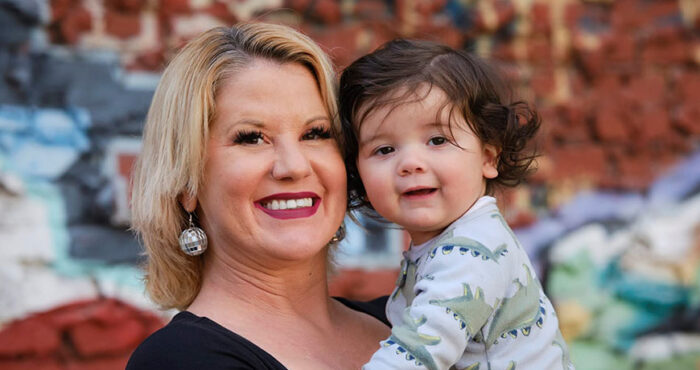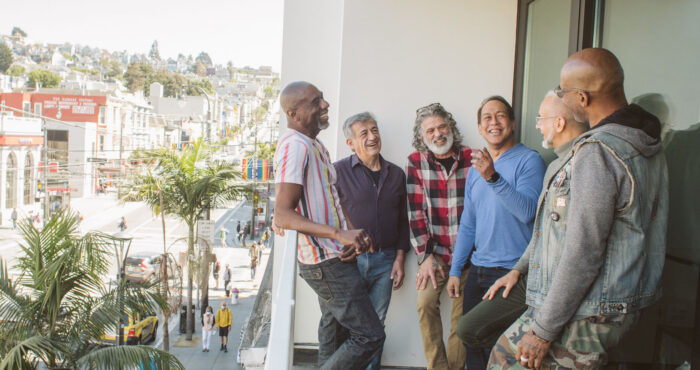Supervised consumption bill AB 362 stalls; Critical need for overdose prevention services continues
SAN FRANCISCO, August 27, 2020 — San Francisco AIDS Foundation expresses anger and disappointment that California Assembly Bill (AB) 362 will not be passed this legislative session. AB 362 has not been voted down but it will not come up for a vote before the end of the legislative session. AB 362 would have allowed San Francisco and Oakland to authorize pilot overdose prevention programs, also known as supervised consumption services, which are proven to prevent overdose deaths and improve the health of people who use illicit drugs.
“This further delay in bringing supervised consumption services to the San Francisco Bay Area will result in lives lost,” said Laura Thomas, harm reduction policy director for San Francisco AIDS Foundation. “San Francisco loses an average of one person per day to overdose; we’ve lost more lives to overdose than to COVID-19 since shelter-in-place began here. These evidence-based programs are even more critical for our communities now during the COVID-19 response. We have already lost too many people while waiting for the legislature to pass this bill.”
Senator Scott Wiener, one of the authors of AB 362, continues to support supervised consumption spaces and is planning on reintroducing legislation in December. The earliest a new bill could take effect is January 1, 2022.
“I am heart-broken and deeply disappointed that this bill has been allowed to die. A majority of San Franciscans support these services and the legislature has failed to do what is necessary to keep countless people alive,” said Joe Hollendoner, CEO of San Francisco AIDS Foundation. “The fate of this one bill, however, will not be the fate of our fight for life-saving supervised consumption spaces. San Francisco AIDS Foundation will remain focused on building a path forward for this evidence-based solution and we won’t stop until these services are a reality in San Francisco.”
SFAF was a co-sponsor of the legislation, along with the California Association of Alcohol and Drug Program Executives (CAADPE), California Society of Addiction Medicine, Drug Policy Alliance, Harm Reduction Coalition, HealthRIGHT360, and Tarzana Treatment Center. The bill was supported by the City and County of San Francisco, the San Francisco Chamber of Commerce, the San Francisco District Attorney, the San Francisco Public Defender, the California Medical Association, the HIV/AIDS Provider Network, and a wide range of HIV, health care, social service, and social justice organizations across the state. California Attorney General Xavier Becerra wrote a letter of support for the bill and filed an amicus brief in support of a group in Philadelphia planning to open a site.
Overdose death is the number one cause of accidental death in the U.S., with more than 70,000 lives lost to overdose every year. In San Francisco, overdose deaths have continued to rise since 2016, with substantial increases in the number of deaths caused by fentanyl and meth overdose in recent years.
Supervised consumption services are also known as safe injection sites, safe injection facilities (SIFs) or overdose prevention programs. While these services operate legally around the world, there are no authorized sites in the US.
A recent evaluation of a safe consumption site operating underground in the U.S. found that after six years of use with more than 10,500 injection events, there were 33 recorded overdoses and zero overdose deaths at the site.
Supervised consumption services, or overdose prevention programs, have also been shown to reduce public drug use, improve neighborhood health and safety, reduce infectious disease, save costs, and improve linkage to drug treatment and other medical and social services.
###









